

Gautam Sharma
5 Days Ago
Volkswagen China is developing a new platform specific to the region for use by a range of EVs priced from $30,000.

Contributor
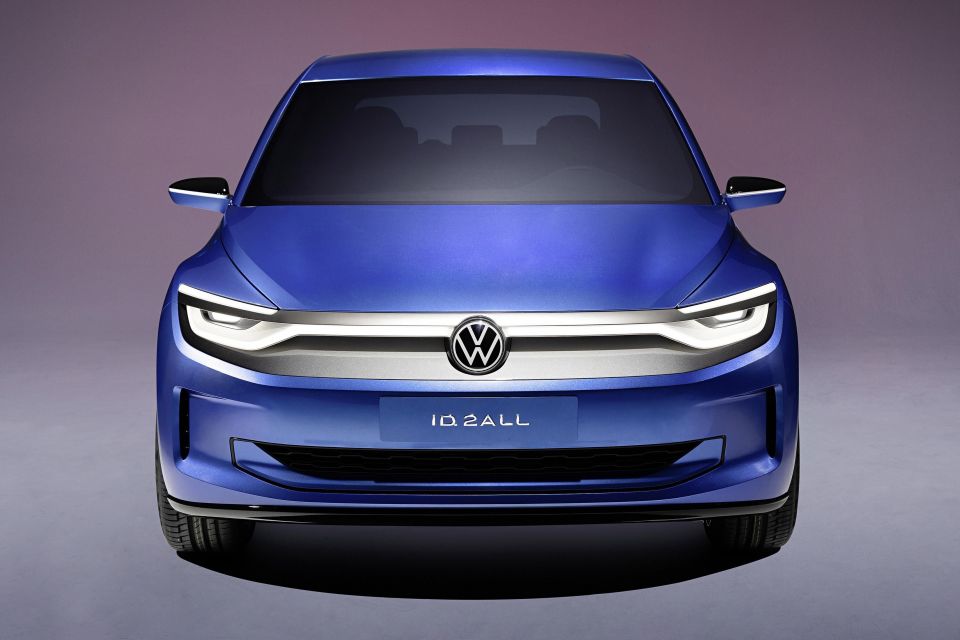

Contributor
Volkswagen Group China Technology Company (VCTC) has announced it will develop a range of entry-level electric cars priced between ¥140,000 (A$30,400) to ¥170,000 (A$37,000) for the Chinese market.
Reuters reports the vehicles will be underpinned by a new platform known as the A Main Platform, which should be ready for market in 2026.
VW’s China boss Ralf Brandstätter told Reuters the Chinese market is very “price sensitive” and Volkswagen needs to optimise costs.
He added new car buyers in China are younger, technologically savvy and like an immersive digital experience from their cars.
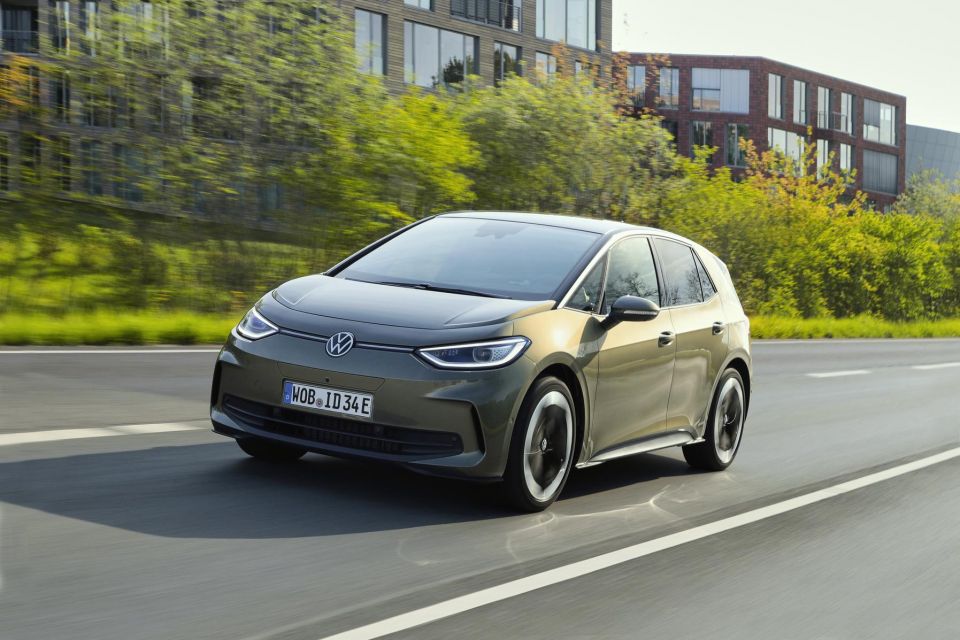
“When (EV) volume goes up… it’s important that we are profitable to be sustainable. Therefore we drive the technologies, the speed and cost efficiency,” Mr Brandstätter told Reuters.
Vehicles on the platform will be suited to Chinese market specifications including battery, electric drive and motor preferences and will rival vehicles that predominantly are run by internal-combustion engines.
According to Reuters, the new platform will lean on Volkswagen’s MEB platform but largely use Chinese suppliers. Chief technology officer for VCTC, Ludger Luehrmann, told the news outlet by sourcing parts locally it can reduce costs of its dashboard displays by 37 per cent.
Mr Brandstätter also told Reuters that, by sourcing parts locally, the plant can reduce “time-consuming coordination across time zones with developers in Germany” which he deems now as “no longer necessary”.
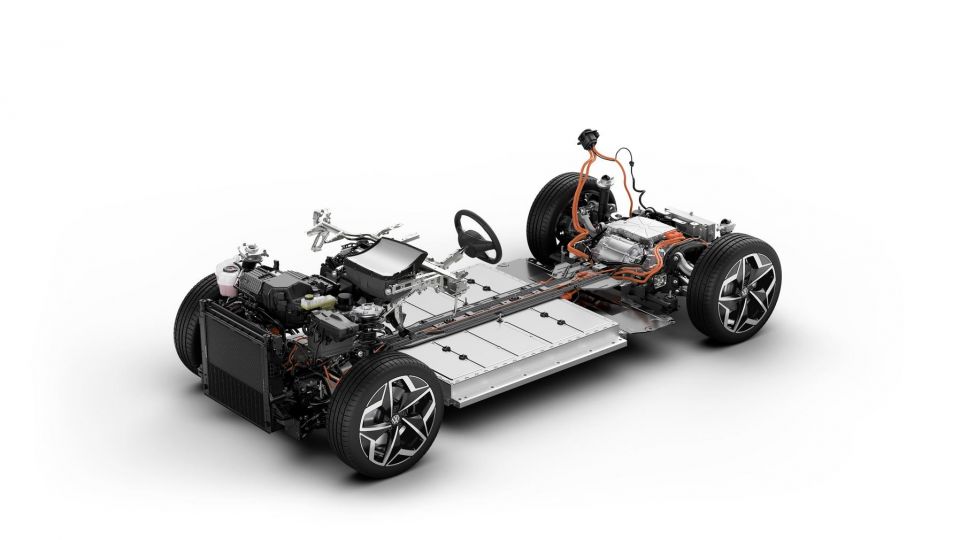
“We will increase the efficiency of our development processes and be able to shorten the time it takes to bring products to Chinese customers by 30 per cent while ensuring we are catering to their specific needs.”
The vehicles based on the A Main Platform will reportedly be produced by Volkswagen’s joint ventures with SAIC Motor and FAW.
Volkswagen invested around €1 billion (A$1.6 billion) to build its VCTC plant in Hefei, China, which will eventually employ 2000 people. Its Chinese plant is crucial to its “China for China strategy”.
In China, Volkswagen has three joint ventures, one each with SAIC, FAW and JAC Motors.
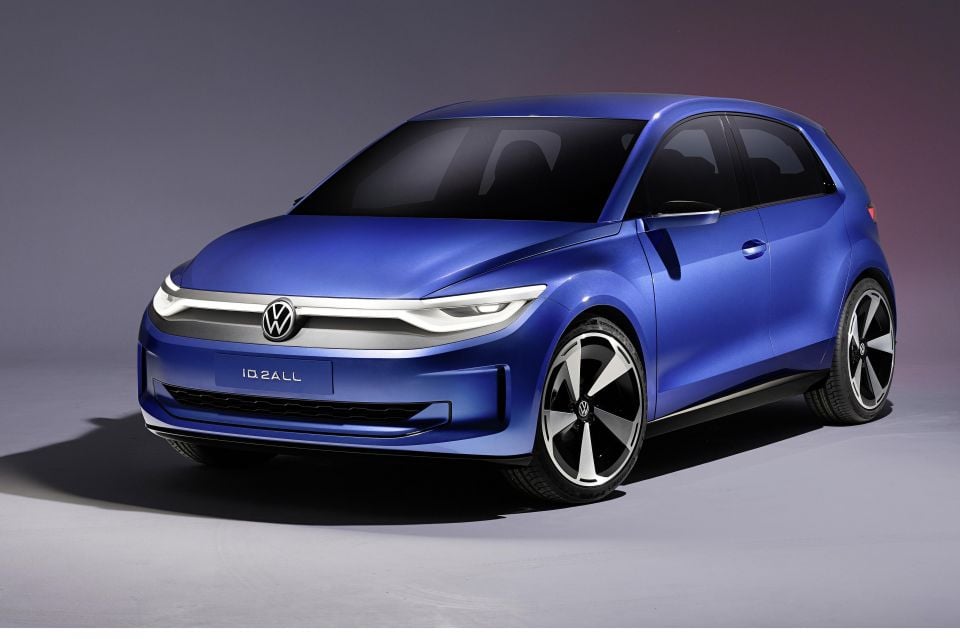
In July, the carmaker signed a deal with Chinese EV maker Xpeng to design two “fully connected” EVs.
The two EVs will be mid-sized “China-specific” models that will “supplement the MEB product portfolio”. It’s unclear if these vehicles will be sedans or crossovers, but they will be rolled out by early 2026.
In early 2023, BYD overtook Volkswagen as China’s best-selling car brand.
Reuters reports sales for Volkswagen’s ID.3, currently the brand’s most affordable EV in China, ranks 22nd among EV sales there this year.

Volkswagen reportedly offered big discounts which boosted its sales to around 10,000 units per month during July and October, up from 2200 per month last year.
In addition to these more affordable EVs for China, Volkswagen is rolling out cut-price EVs in Europe. This year’s ID.2all concept previews a Polo-sized EV, due in 2025, with a base price of under €25,000 (A$41,000).
Below that, Volkswagen will offer an EV, due by 2026, priced at less than €20,000 (A$33,000). Both are expected to use the new MEB Entry platform, with front-wheel drive instead of rear/all-wheel drive like MEB-based models.
Take advantage of Australia's BIGGEST new car website to find a great deal on a Volkswagen.
Jade Credentino is an automotive journalist currently based in Melbourne, Australia. Jade has had a chance to review a variety of vehicles and particularly enjoys SUVs. She enjoys traveling and going on road trips exploring Australia.


Gautam Sharma
5 Days Ago
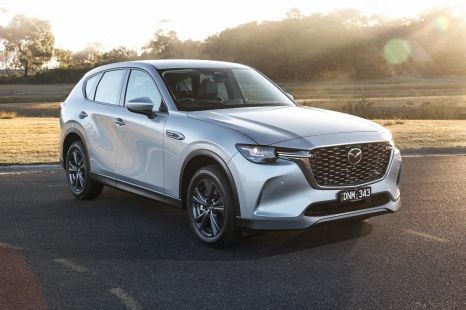

Josh Nevett
3 Days Ago
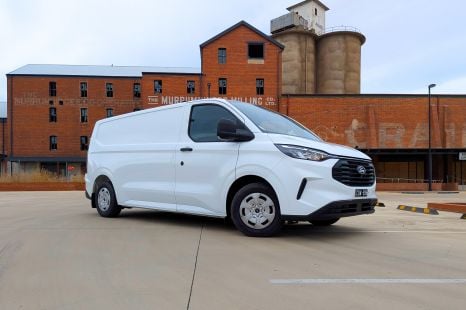

William Stopford
3 Days Ago
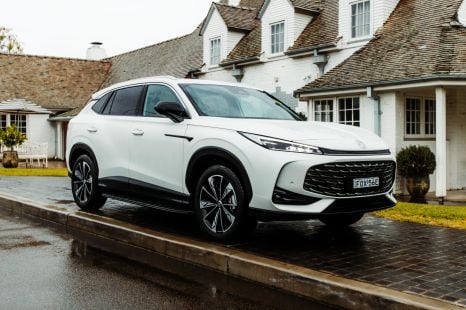

James Wong
1 Day Ago
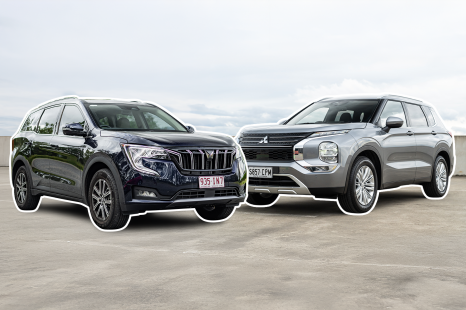

Andrew Maclean
17 Hours Ago
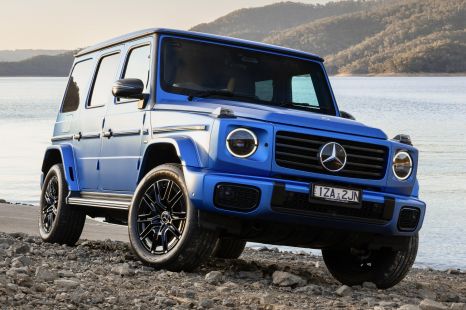

Max Davies
9 Hours Ago